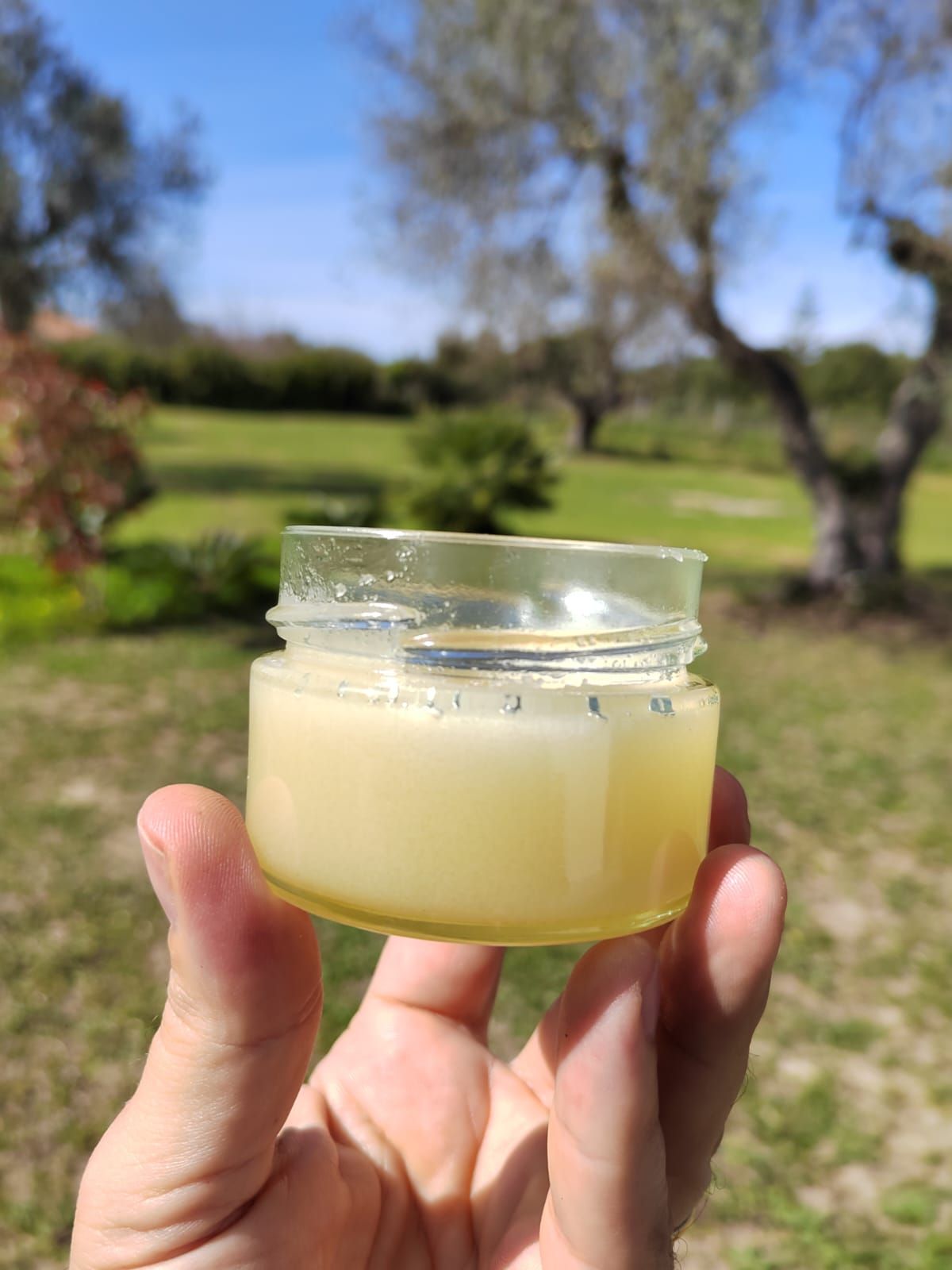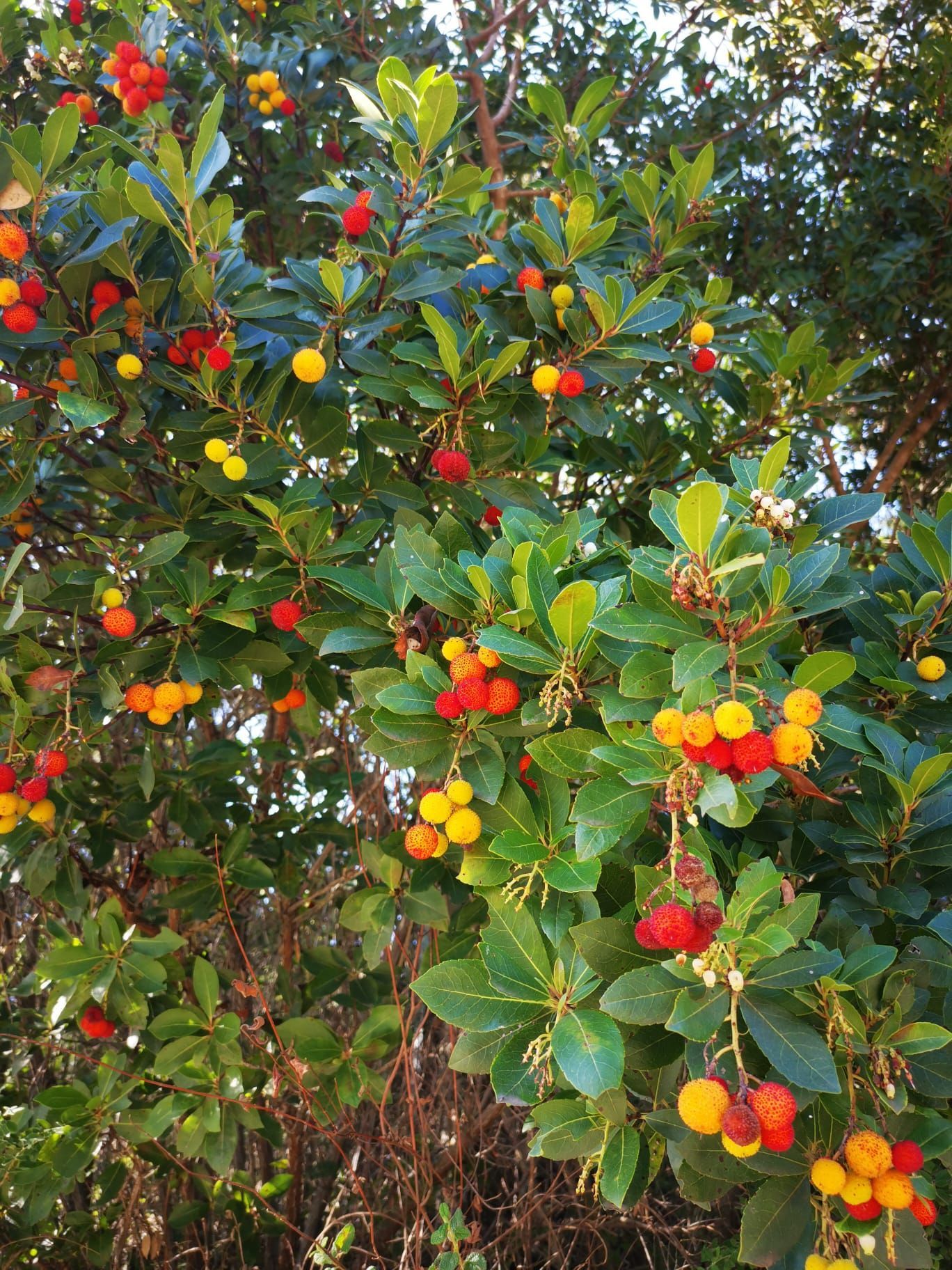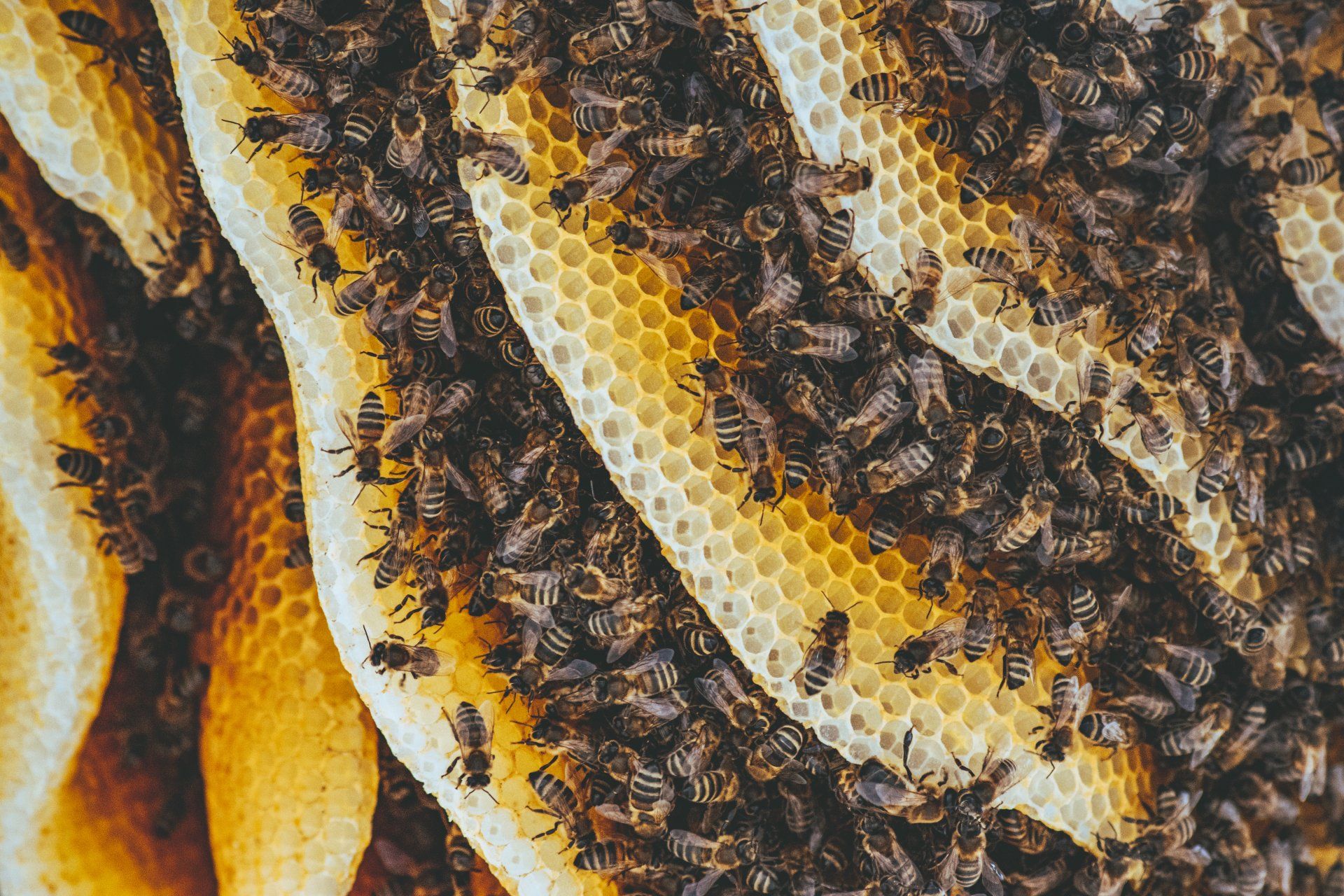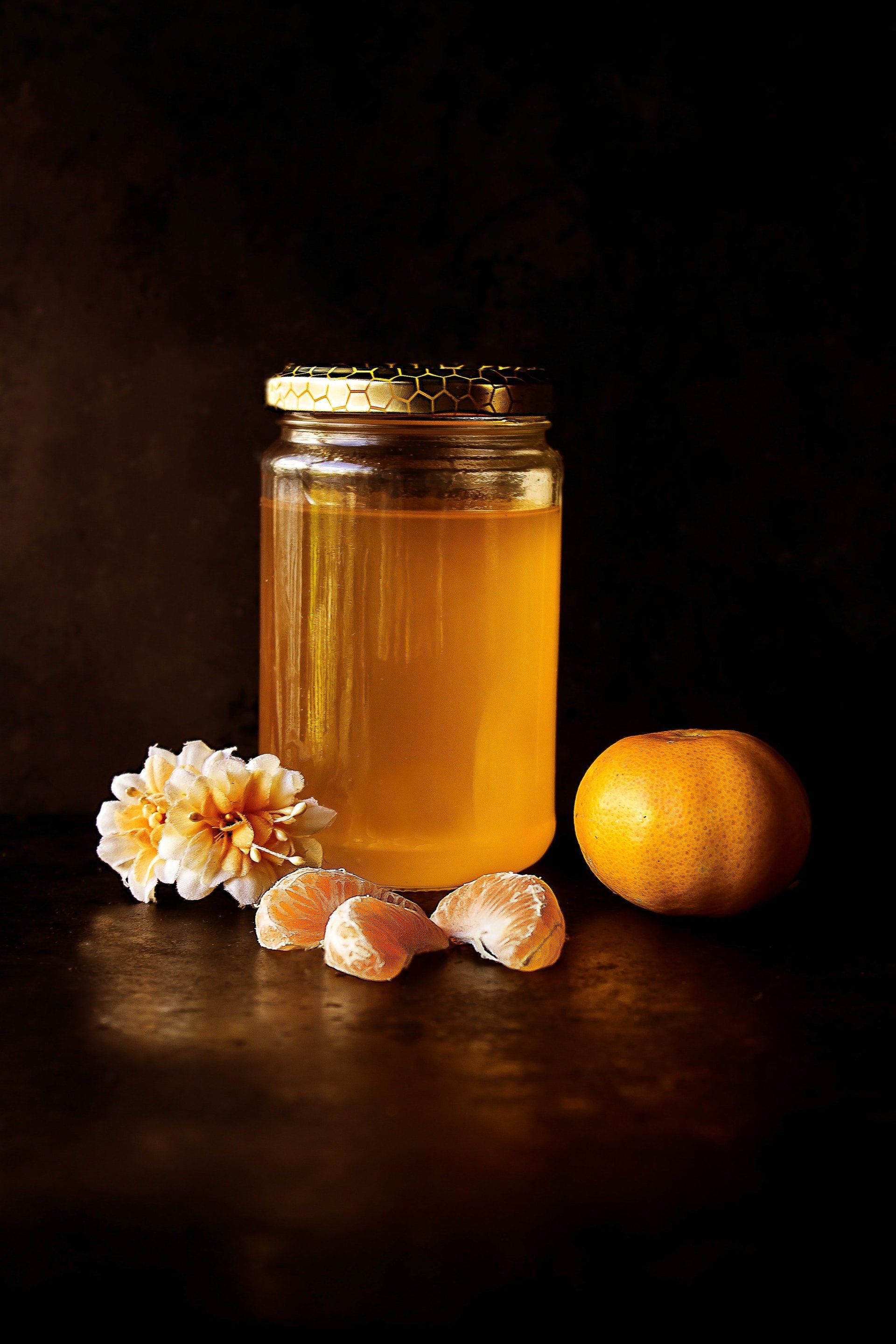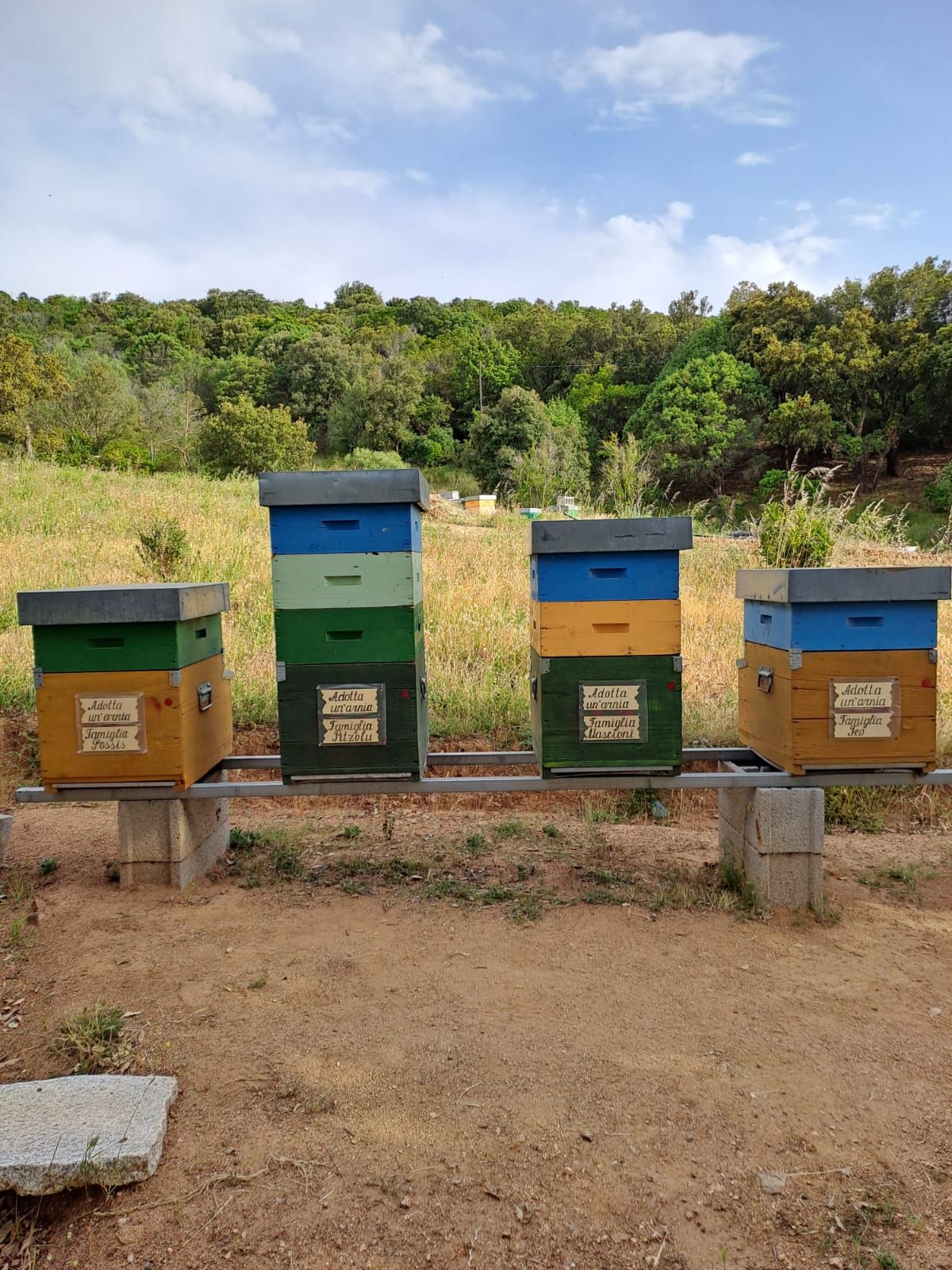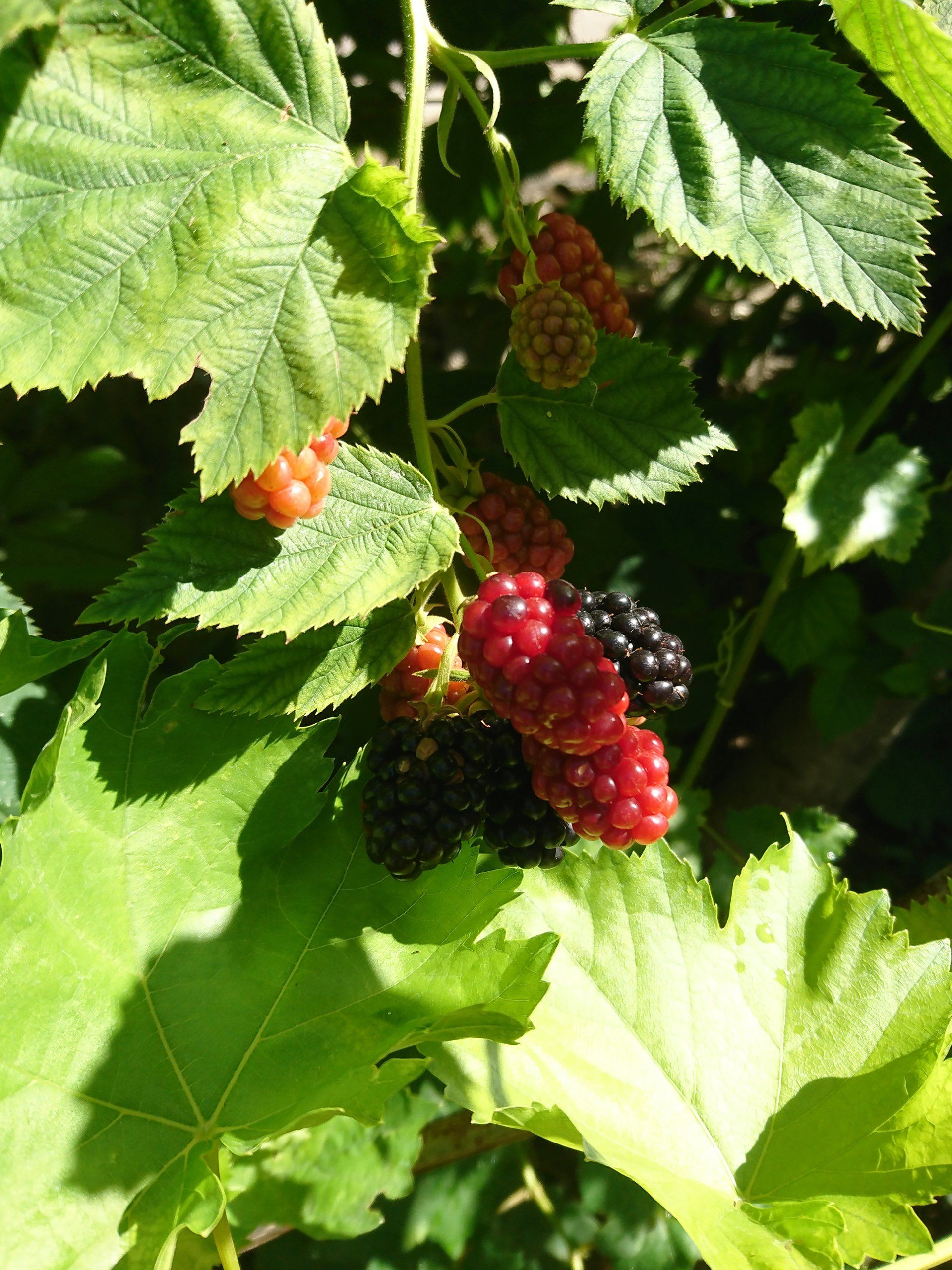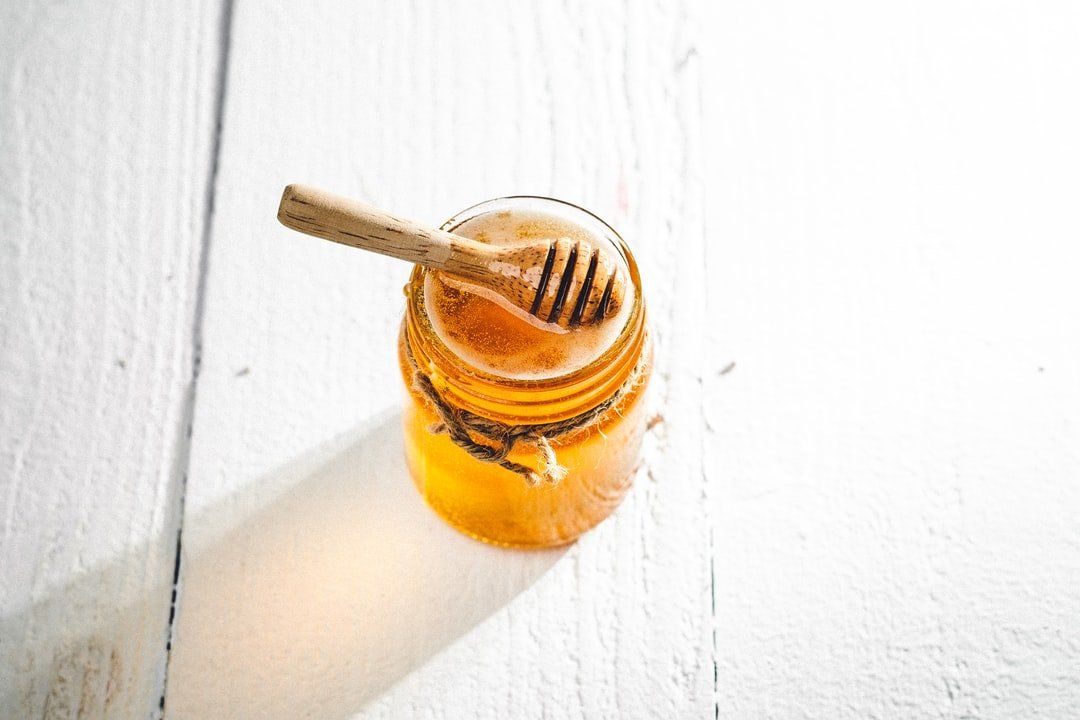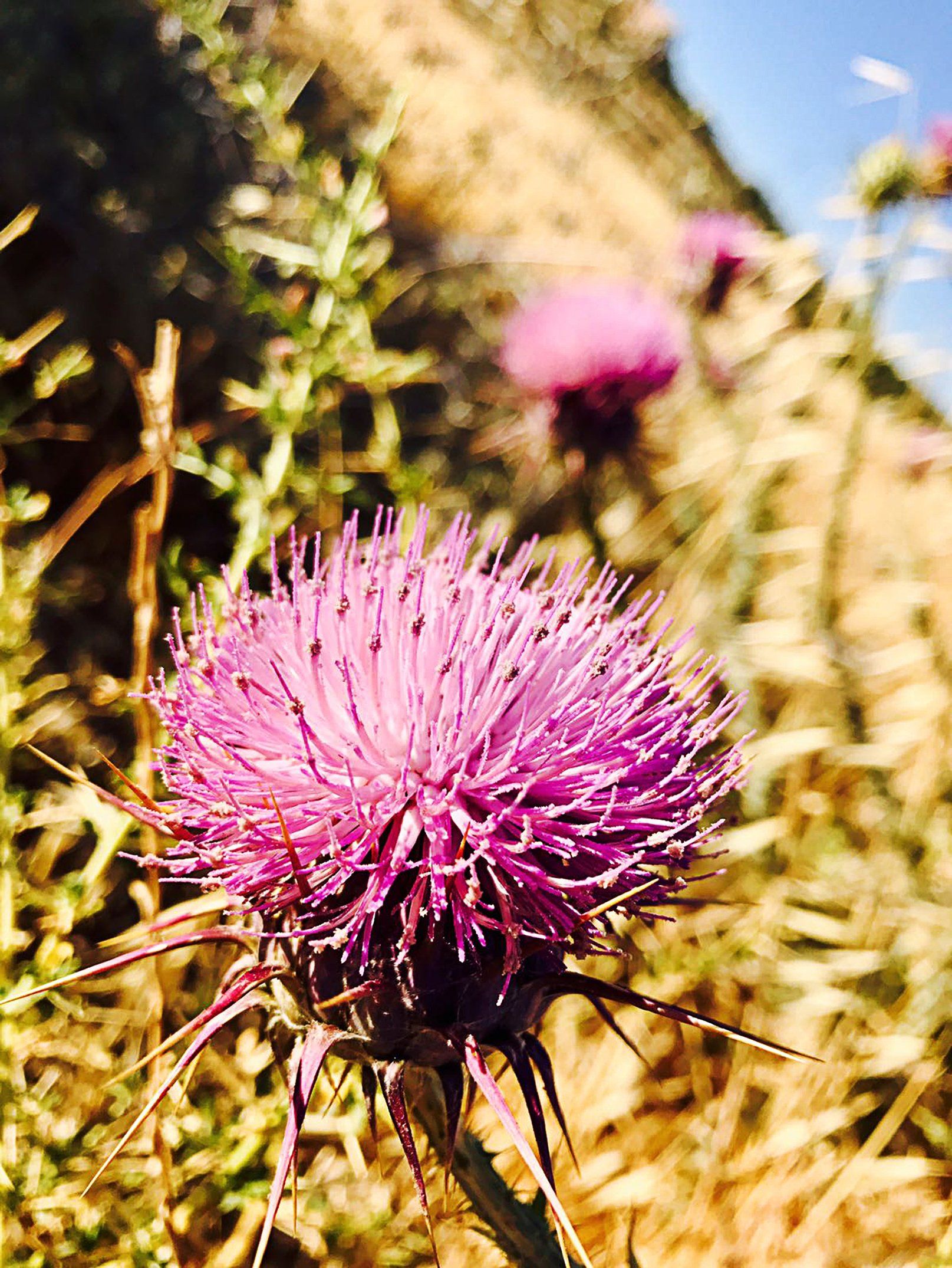Raw honey, what is it and how to recognize it
Many people think all honey is healthy but this is not true. A simple guide to find the true raw honey.
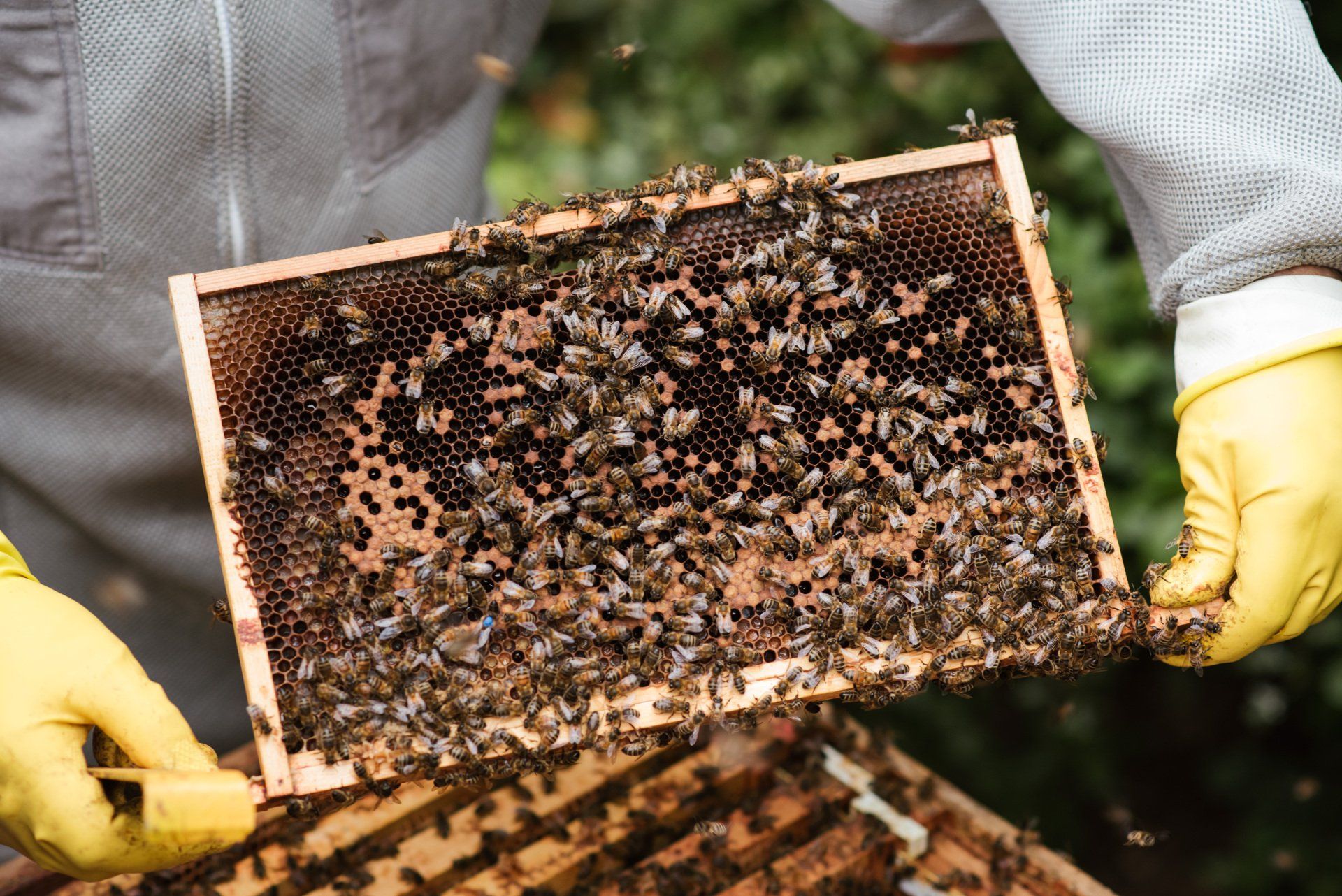
What is raw honey
Honey is a 100% natural sweet substance that honey bees produce from the nectar of plants or their secretions. After being collected, processed and combined with other substances, these bees deposit, dehydrate, store and let it mature in the honeycombs of the hive.
Mediterranean raw honeys and its healthy properties
On Asphodel Mediterranean typical market is found eucalyptus honey, bramble, star thistle, Mediterranean bush wildflowers, strawberry tree, asphodel and lavender, each with its own taste and color.
Their organoleptic and chemical characteristics vary according to the place of origin, the flora, the time of harvest and the species of bees that produce them.
So let’s see what unpasteurized honey means and how to recognize it.
What does unpasteurized honey mean
In the hive the temperature is quite high (around 36 degrees C), but if the honey is extracted, the crystallization process can begin, that is, the process in which it becomes solid or semi-solid.
Generally, it changes according to the composition of honey: it is fast in those rich in glucose that makes the product thicken while, on the contrary, a strong prevalence of fructose makes them remain in liquid form: this is the case for example for the asphodel honey which crystallize very rarely, while the other type of honeys we supply in Asphodel are much more sensitive to this process.
The unpasteurized honey, also called raw honey, is the crystallized honey that is not subjected to heat treatments and keeps intact all its nutrients.
Most of the honey that we find on the shelves of the supermarket unfortunately undergoes a pasteurization process that, in addition to eliminating any bacterial forms, allows the honey not to crystallize, remaining almost liquid.
To recognize unpasteurized honey you will need to look for the words: honey not subject to heat treatments or directly “raw honey”. Also avoid products with bubbles as they may be a sign of alteration.
The properties of unpasteurised honey
Raw honey is a real mine of nutrients: it is in fact composed of sugar. In addition raw honey is a veritable mine of nutrients: it is in fact composed of sugars (75-80%), water (17%), mineral salts such as iron, calcium and phosphorus (0.1-1.5%), proteins and amino acids (0.2-2%) and vitamins of group B. Therefore, unpasteurized honey has properties and benefits that differ depending on the type of flowers the bees have been feeding from: of course also very important is the location where the honey is produced because having a site with no pollution nor use of pesticides can make the honey healthier and safer. This is exactly what we do in Asphodel.
Raw honey has also antioxidant and antibacterial properties and inhibitory effects on about 60 species of bacteria.
Benefits for the stomach and intestines as an anti-inflammatory helps the damaged intestinal mucosa, stimulating the growth of new tissues.
Benefits for blood sugar control, in addition to being an excellent source of carbohydrates, it can improve blood sugar levels when compared to other sweeteners.
It helps the brain work better , it is an easily assimilated natural energizer.
Improves skin health, because it allows to treat some wounds, improving the condition of the skin.
Many studies confirm this as well as a super food that brings many benefits at a therapeutic and nutritional level!
In order to understand what we are talking about only one test can tell the truth, tasting our raw honeys for a while (every day for one or two months at least) will tell you the beneficial effects of our Sardinian gold.



